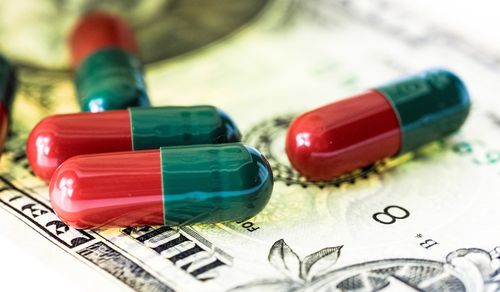In daily life, the simultaneous use of Chinese and Western medicine is quite common. However, to avoid adverse interactions between medications, it is generally advisable not to use them at the same time. If simultaneous use is necessary, ensure that there is at least a half-hour interval between taking the two medications to reduce the potential risk of interactions.
Following medical advice is key to safe medication use. Typically, unless specifically instructed otherwise by a doctor, medications should be taken about two hours after meals, twice a day as a routine. For patients with urgent or severe conditions, a doctor may recommend taking medication every four hours, including during the night, to maintain efficacy, speed up symptom relief, and improve the condition.
Regarding the simultaneous use of Chinese and Western medicine, based on clinical practice, there should be a gap of at least half an hour between them. This is because most Western medications begin to be absorbed by the body approximately half an hour after intake, with minimal impact on subsequent Chinese medicine intake after a period of metabolism. However, the required intervals may vary depending on the type of medication, such as fast-acting Chinese medicine for colds and tonics, which may require longer intervals.
Patients with chronic conditions such as asthma, heart disease, and diabetes, who rely on Western medicine to control their condition, often combine it with Chinese medicine for nourishment. These individuals should pay particular attention to potential conflicts between Chinese and Western medicine to avoid weakening efficacy or causing adverse effects.
The timing of medication intake is crucial for the effectiveness of treatment. Drug metabolism follows a circadian rhythm, and taking medication at the right time can significantly enhance efficacy and reduce side effects.
When taking Chinese medicine, there are several precautions to keep in mind: avoid consuming raw radish, which has a digestive and gas relieving effect, as it may weaken the effectiveness of tonics like ginseng and astragalus; do not add sugar to Chinese herbal decoctions, as sugar may reduce efficacy or even produce harmful substances; avoid eating half an hour before and after taking medication, especially fruits and vegetables, to prevent potential reactions with the medication; refrain from consuming cooling fruits like pear and hawthorn during medication intake to avoid affecting efficacy; additionally, avoid taking Chinese medicine with tea, as tannic acid in tea may interfere with the absorption of active ingredients in Chinese medicine, especially when taking gelatin or Tremella.
In conclusion, understanding and following medical advice correctly, being mindful of interactions between medications and details of intake, are crucial for ensuring treatment effectiveness and patient safety.


